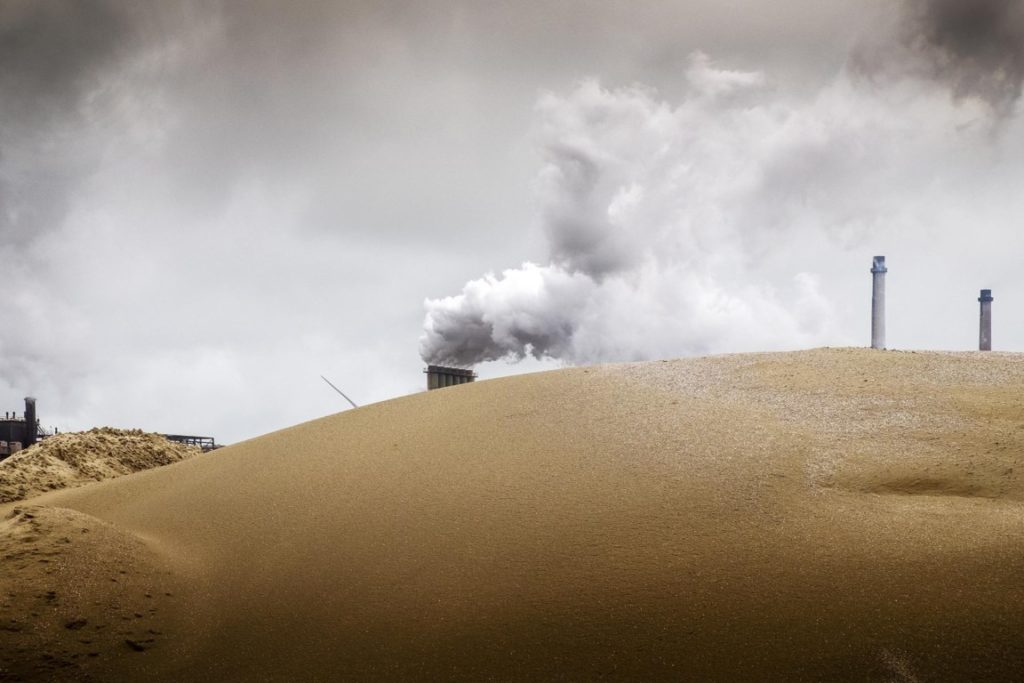Global carbon dioxide (CO2) emissions are set to reach record levels in 2023 and continue to rise in the following years if governments worldwide continue to insufficiently invest in green energy, the International Energy Agency (IEA) warned.
Governments all across the world are deploying a record-breaking amount of financial support (around €13.5 trillion) aimed at stabilising and rebuilding their economies, but just 2% of this spending is being devoted to clean energy measures, according to the analysis.
“Since the Covid-19 crisis erupted, many governments may have talked about the importance of building back better for a cleaner future, but many of them are yet to put their money where their mouth is," according to Fatih Birol, the IEA's Executive Director, said in a press release on Tuesday.
"Despite increased climate ambitions, the amount of economic recovery funds being spent on clean energy is just a small sliver of the total," he added.
The IEA previously recommended that around €890 billion should be spent on clean energy measures featured in countries' recovery plans, which could put the world on track to meet the Paris Agreement goals to limit the increase of global warming to 1.5°C, however, the latest tracker showed spending is far from this level.
“Not only is clean energy investment still far from what’s needed to put the world on a path to reaching net-zero emissions by mid-century, but it’s also not even enough to prevent global emissions from surging to a new record," Birol said.
Disparities among continents
The IEA's tracker also highlighted the stark geographic disparities that are emerging in clean energy investment, as the majority of funds are being mobilised in advanced economies, which are nearing 60% of the investment levels which the IEA deemed necessary to attain global carbon neutrality.
Meanwhile, in emerging and developing economies, just 20% of the recommended spending levels have been attained, often because there is less fiscal leeway in these countries.
"Many countries – especially those where the needs are greatest – are missing the benefits that well planned clean energy investment brings, such as stronger economic growth, new jobs and the development of the energy industries of the future,” Birol said.
The findings are based on data from the new Sustainable Recovery Tracker, which considers over 800 national sustainable recovery policies and was launched by the IEA ahead of the G20 Ministerial Meeting on Environment, Climate and Energy in Naples, which will take place this week.
The tracker monitors government spending which is allocated to sustainable forms of recovery, and how much this spending boosts overall clean energy investment to then understand to what degree this affects the trajectory of global CO2 emissions.
Earlier this year, the IEA had already warned that governments must give up all new oil and gas exploration projects if the world is to achieve carbon neutrality by 2050 and have a chance of limiting global warming to 1.5°C.

